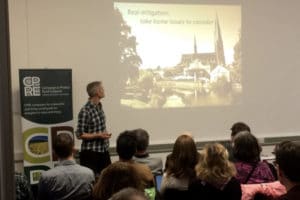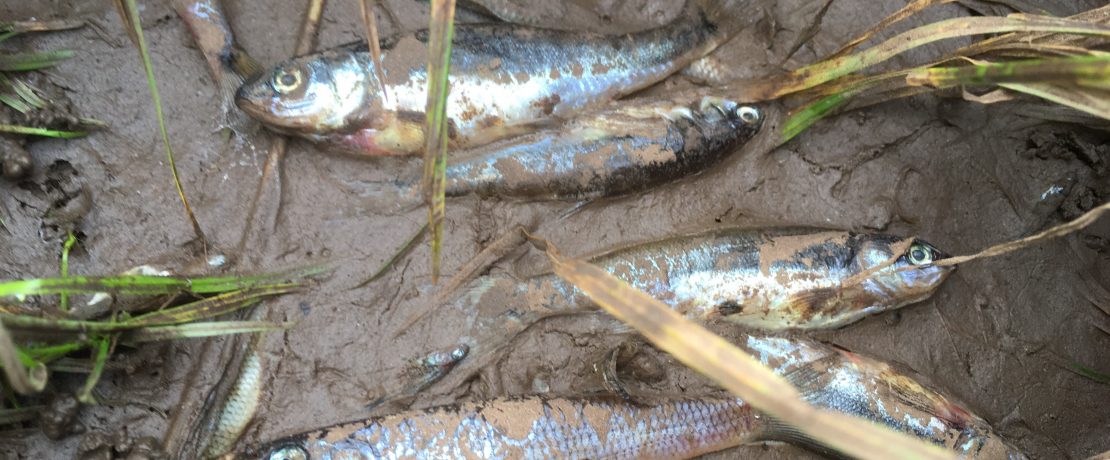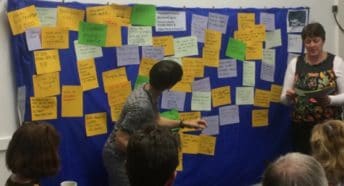Climate Change Lecture with Dr. Kevin Anderson
CPRE’s Northwest Regional Group was delighted to host a public lecture on climate change given by Professor Kevin Anderson, Deputy-Director of the Tyndall Centre for Climate Change Research at the University of Manchester.
CPRE, as Britain’s first environmental charity, has campaigned hard for rural protections, perhaps most notably in the creation of National Parks and Green Belts, which have helped millions have easy access to beautiful open countryside.
Today, good urban planning and prevention of unnecessary sprawl, are as important as ever, but there are other threats to the environment that cannot be ignored and none are as potentially devastating as climate change.
Tyndall Centre for Climate Change Research

There are many headlines in the media but far fewer opportunities to hear an up to date and research based view of the subject. Therefore, CPRE NW Group was pleased to welcome the Tyndall Centre, the leading organisation in the UK on climate change research to update us on issues. The Tyndall Centre combines engineering, scientific and economic evidence and research to look at what the outcomes of climate change are likely to be and how we should respond to them.
Kevin Anderson is Professor of Energy and Climate Change at the University of Manchester. He has engaged across all tiers of government, advising the Prime Minister’s office and contributed to the development of the UK’s Climate Change Act 2008. He has a decade of industrial experience, principally in the petrochemical industry. He sits as commissioner on the Welsh Government’s Climate Change Commission and is a Director of Greenstone Carbon Management.
Potential for catastrophic impacts
In overview, Kevin updated that climate change is a genuine concern for the future of our planet. He called for urgent prioritisation by all in our global society for real action and change to adhere to carbon budgets associated with the Paris Agreement, 2015 and international commitments on climate change that will hold the increase in global average temperature to well below 2°C above pre-industrial levels. But warned that due to inaction efforts to limit the temperature increase was in danger of failing and that this will lead to catastrophic impacts both home and abroad.
He talked about reducing carbon emissions to stop heating the atmosphere, and the role of people, households, investors, businesses, and crucially the need for more action by central Government to honour our national commitments. He also focused on the role of City Region Mayors and Combined Authorities in driving development that harnesses best available technology. The presentation Kevin spoke to is available for download below.
Following Kevin’s there was an audience question and answer session. Questions were asked on the need for more strategic rail investment and the need to curb air travel; the compatibility of shale gas in the context of our carbon budgets and absence of carbon capture and storage; and the use of solar PV on roofs and more and better renewable energy projects, with more research and development in cleaner energy technologies.
Also in attendance was Louise Marix Evans of Quantum Strategy and Technology Ltd. She ran a session to provide material that will be fed into the Mayor of Greater Manchester’s Green Summit on the 21st March. More and better integrated transport, local farm food networks, energy and waste demand reduction, investment in the renewable sector, reuse of brownfield to avoid further incursions into natural environments, and harnessing of low carbon technologies in new development were identified as key issues.
CPRE urges the Mayor to do all that is possible to address climate change issues, and to progress a spatial plan that will enhance and protect urban green and rural areas. We hope our members and the public will echo our concerns.
Download the presentations from the day via the links below:







